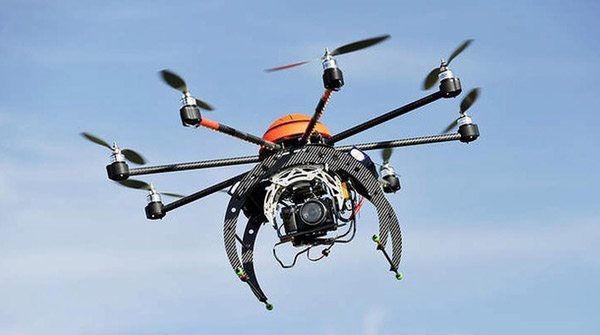"End-to-end encryption was introduced to WhatsApp later. Therefore, it is not essential to the platform. It was a business decision. It is a question of business policy versus law," E. Manoharan, the Additional Government Pleader for the State of Tamil Nadu told MediaNama on the sidelines of the Madras High Court hearing on August 21. The lawyers for the state of Tamil Nadu are absolutely clear: end-to-end encryption is not essential to WhatsApp as a business, and the state is not interested in linking Aadhaar to social media accounts for authentication, but wants some semblance of traceability that can aid it in investigating crimes. The control for that can stay with companies such as WhatsApp. This has emerged as the crux of the WhatsApp traceability case in the Madras High Court, as the Tamil Nadu government and social media platforms argue whether or not traceability is technologically possible on end-to-end encrypted platforms, and more importantly, if it should be made possible. As MediaNama spoke to Vijay Narayan, the Advocate General for Tamil Nadu, Balaji Srinivasan, the Additional Advocate General for Tamil Nadu, who also represented the state in the Supreme Court on August 19 and 20 with Attorney General of India, K.K. Venugopal, and E. Manoharan, who has been representing the State of Tamil Nadu in this case, here’s what they had to say on different issues related to the case: On WhatsApp end-to-end encryption: “Until two years ago, there was no end-to-end encryption on WhatsApp. It is only in…




























